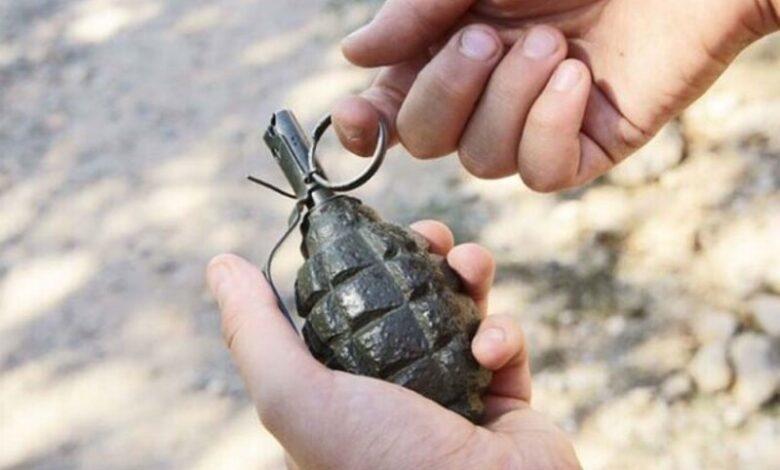In Mykolaiv region, a grenade explosion took the life of a three-year-old child: practical advice for parents

Full-scale war changed not only the front line, but also the very nature of security in peaceful settlements. What was once commonplace – the yard, children’s games, carefree evenings – now increasingly becomes a place of tragedies. It is especially scary when children become victims. At a time when the population has thousands of weapons, ammunition and explosives in their hands, things used for war become deadly in everyday life. Many Ukrainian families, after the return of soldiers from the front or after evacuation from the occupied territories, keep their weapons, often without the necessary storage, control and awareness of the risks. All this, combined with a lost sense of reality, general fatigue from war and lack of educational work, creates an atmosphere of explosive everyday life, where a child can die not as a result of shelling, but due to the negligence of adults nearby.
Explosion in Mykolaiv Oblast: death of a three-year-old child
In the evening of May 20, a grenade explosion occurred in the village of Komisarivka, Mykolaiv Oblast, on the territory of a private household. As reported in the press office of the Main Directorate of the National Police in the Mykolaiv region, an investigative team arrived at the scene after a report received on the 102 hotline. As a result of the explosion, a three-year-old boy was killed, and another local woman was seriously injured.
This case is classified under Article 115 of the Criminal Code of Ukraine as premeditated murder. The police are investigating the circumstances of the tragedy, but even without details it is clear: there was a live grenade in the house where the child was, and it exploded. In a situation where there are combat items next to a child, the responsibility of adults should be not just administrative, but moral and criminal. And this is not the first such case.
This is a threat that is spreading
Since the beginning of the war in Ukraine, cases of injury or death of children due to explosions of ammunition, grenades, and projectile remnants have been recorded more and more often. In various regions, there were cases when children found explosive objects in yards, garages, and forest strips. But it is even scarier when these objects are not found, but simply live next to them – in cabinets, bedside tables, tool boxes.
In many cases, the culprits are not the enemy, but the indifference and frivolity of the parents. Weapons left behind after rotation, unregistered grenades stored in private homes without permission, all create a potential death trap for children. And if society does not begin to react seriously, these tragedies will not stop. They will be repeated – over and over again. Because in a country where ammunition has become a household phenomenon, danger comes in the form of a habit.
How to prevent the following tragedy: practical advice for parents
- Do not keep weapons in the house. Even if it remained after the front or was transferred “temporarily” – no compromises. In the house where the child lives, there should be no military items. None. Even in a “closed” box or “in a safe place”.
- Check the spaces where children play. Attic, basement, shed, storeroom – everything should be inspected. Everything superfluous is removed. If you are not sure that you know how to do it, contact the State Emergency Service or the police.
- Explain the danger to the child. Even a three-year-old child should know not to touch foreign objects that look unfamiliar. In the form of a fairy tale, a game, a cartoon – any form will work if the information is repeated and clear.
- Do not allow children to play unsupervised in suspicious areas. Areas after hostilities, even if they look “peaceful”, may contain the remains of dangerous things. Parents should check the walking routes.
- Involve specialists. If you suspect that there are dangerous objects left in the yard, garden or garage, call the fire department. It’s free, and it can save lives.
- Talk to your neighbors. Especially in villages and communities where the military returned. Ask directly: are there weapons at home? Do the children know what it is? Preventive conversation is better than funeral silence.
The death of a three-year-old boy in the Mykolayiv region is not an accident, but a consequence of parental negligence and general societal tolerance of weapons and lack of awareness that children live in war conditions.





